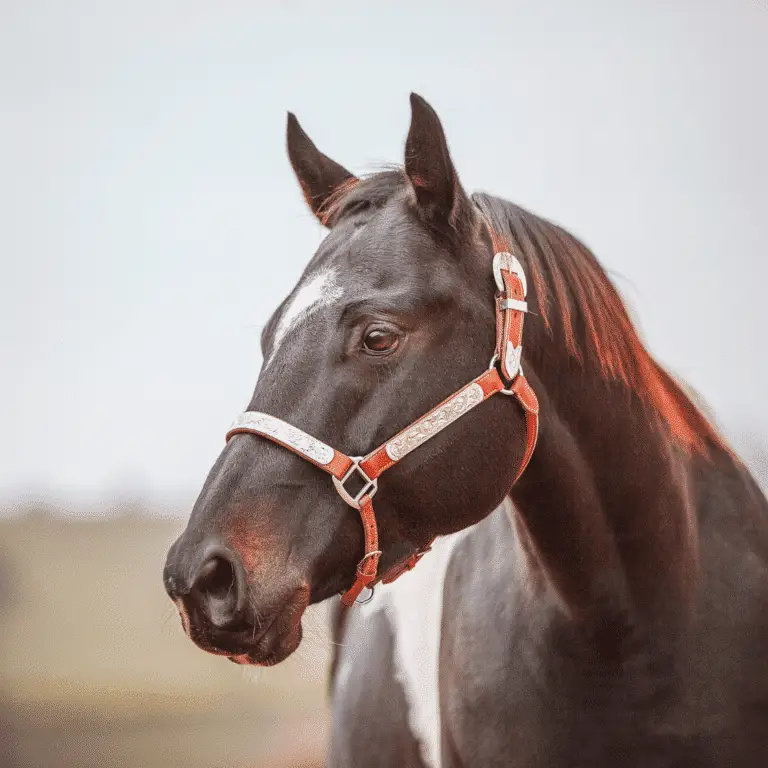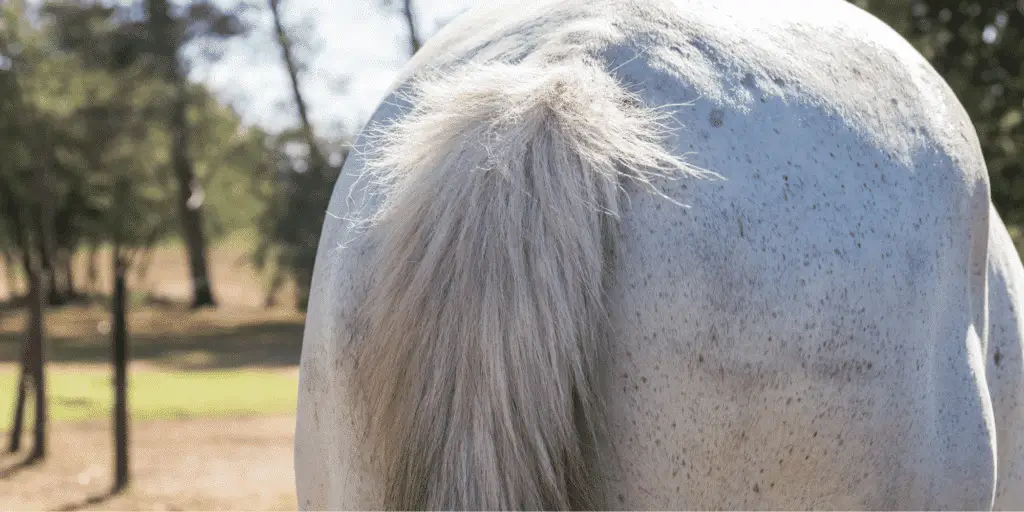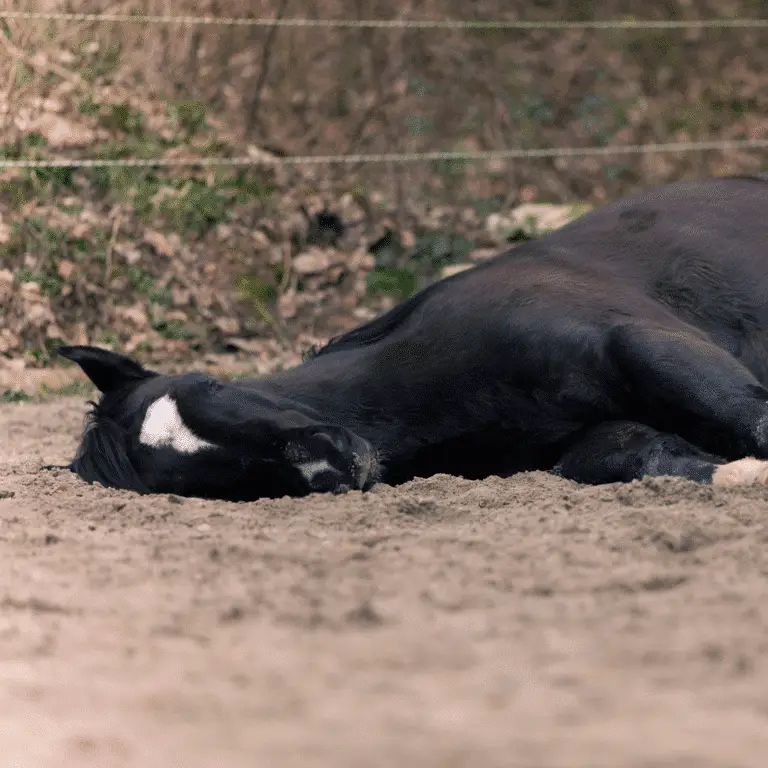
Lethal White Overo Syndrome (LWO)
Lethal White Overo Syndrome in Horses This disease is fatal, and cannot be cured or adequately treated and is expected

This disease is life-threatening and should be treated by a veterinarian swiftly.
Salmonellosis is a disease associated with the bacteria Salmonella enterica that causes diarrhoea in horses and humans.
The mechanism for Salmonella-induced intestinal disease is still being researched. What is known is that some serotypes of Salmonella have virulence factors that have a variety of effects on the intestinal mucosa, including assisting the bacteria to invade the intestinal mucosa.
The inflammatory response of the host to this invasion plays an important role in triggering hypersecretion by the enterocytes, which leads to diarrhea.
It is usually seen sporadically but may become an epidemic depending on the virulence of the organism, level of exposure, and host factors.
In horses, the bacteria are transmitted through contaminated feed or water, or by direct contact with infected individuals or surfaces that have been contaminated with manure from an infected individual. Mice, chickens, pigeons, and wildlife can be sources of Salmonella. Some horses are carriers that do not show any signs of disease but can actively transmit the organism.
Stress appears to play an important role in the progression of the disease. Asymptomatic carriers can become sick when under stress. Severe cases can be fatal if not treated.
Treatment for Salmonellosis is primarily supportive, consisting of fluid and electrolyte administration, as well as the use of intestinal protectants. Systemic antimicrobials are used only when the risk of septicemia is high, such as when treating young, elderly and immunocompromised patients, or when treating particularly invasive strains such as Salmonella typhimurium. The use of antibiotics has little benefit in treating primary gastrointestinal infections, does not eliminate subclinical states, and may contribute to the development of antibiotic resistance.
Prevention of salmonellosis is difficult, because the organism is present in the environment as well as in the feces of some healthy animals.
Healthy horses are at lower risk of becoming sick with Salmonella than horses that are sick or stressed, so it is important to practice good horse care and management.
Aditional preventive measures:
Quarantine horses that develop diarrhoea and/or fever. If a separate stall or paddock is not available, establish barrier precautions at their current location
Dispose of organic matter in a manner which prevents contamination of the facility (do not spread on pastures).
No commercially available validated vaccine is currently marketed.

Digital health management offers numerous benefits in modern equine healthcare.
With the Happie Horse App, you can track symptom patterns and body values, such as Temperature, Pulse and Respiration. Allowing you to notice abnormal changes in body and behaviour early on, leading to more successful treatments.
The Happie symptom checker allows you to add all of your horse’s abnormal symptoms in order to present potential causes and diseases.

Lethal White Overo Syndrome in Horses This disease is fatal, and cannot be cured or adequately treated and is expected

This disease is life-threatening and should be treated by a veterinarian swiftly.
Equine colic refers to abdominal pain in horses, it is a common and potentially life-threatening condition requiring prompt treatment.

This disease is life-threatening and should be treated by a veterinarian swiftly.
Potomac Horse Fever is a bacterial disease in horses causing fever, diarrhea, and laminitis, transmitted by ingesting infected insects or snails.